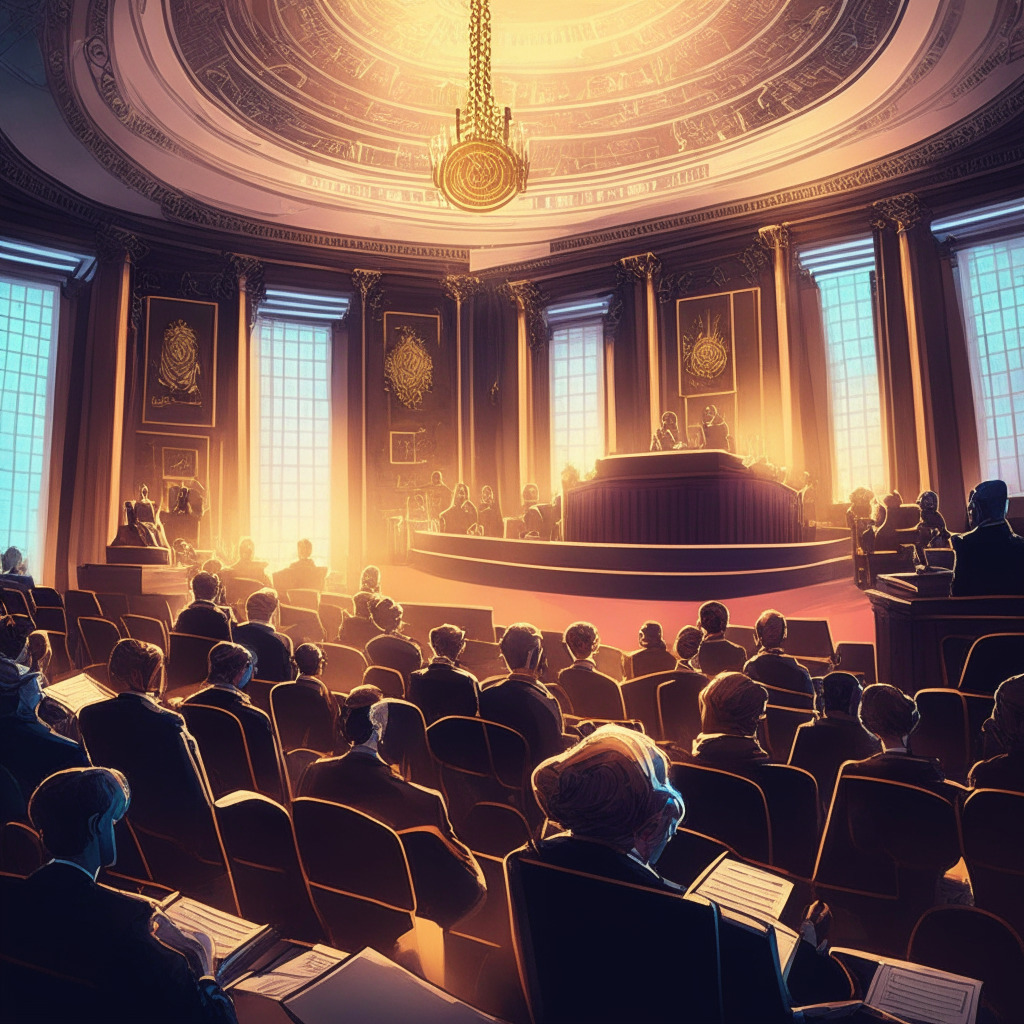Just after the SEC announced lawsuits against major crypto exchanges Binance and Coinbase, crypto industry members and legal experts appeared before a majority Republican committee to engage in much more amicable dialogue. The House Energy and Commerce Committee Subcommittee on Innovation, Data, and Commerce gathered to discuss blockchain technology and the future of Web3, focusing on keeping America at the forefront of crypto innovation and exploring various use cases for blockchain and distributed ledger technologies.
One point of contention is that US lawmakers are allowing the conversation around crypto to be dominated by the security versus commodity debate, as stated by Rep. Rick Allen, R-Ga. Blockchain technology could advance contract tracing efforts for Covid-19 and other diseases, as well as improve security for data relating to national security, according to Hasshi Sudler, professor and CEO of Villanova University College’s engineering and internet think tank.
Carla Reyes, associate law professor at SMU Dedman School of Law, mentioned that smart contracts could help improve regulatory compliance and supply chain management. However, she also pointed out that legislative and regulatory discussions related to blockchain technology generally center on financial use cases, which may discourage innovation in areas unrelated to finance and financial services.
As witnesses and lawmakers speculated about potentially revolutionary blockchain innovations, the lack of regulatory clarity in the US continued to act as an obstacle. When asked about how the US government could partner with the industry to advance modernization, witnesses mentioned that the current regulatory environment posed a significant barrier. Ross Schulman, senior decentralization fellow at the Electronic Frontier Foundation, stated that the government must first sort out its approach to jurisdiction over blockchain entities.
Moreover, Ryan Wyatt, president of Polygon Labs, noted that top talent would not remain in or come to the US unless there is a significant policy overhaul. This hearing marks the first time lawmakers have hosted a crypto hearing addressing non-financial use cases, while recognizing that cryptocurrencies represent only one application for blockchain technology.
With Capitol Hill having a busy crypto agenda this summer, the House Financial Services Committee is scheduled to meet again on June 13 to discuss regulatory clarity, and many Congress members on both sides of the aisle plan to introduce and advance legislation in the coming months. It remains to be seen how the US can balance the potential of blockchain technology with the appropriate regulatory measures to foster innovation and maintain a competitive edge in the global market.
Source: Blockworks




